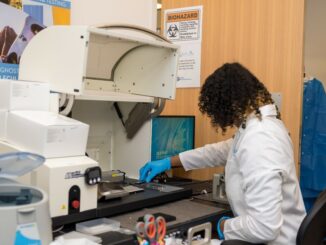The trillions of microbes that live in the human gut may play a bigger role in health than previously thought, according to new research by the University of Hawaiʻi at Mānoa. The article, published in the International Journal of Molecular Sciences, explores how gut bacteria interact with human genes in ways that could shape disease risk, aging and even future medical treatments.
This article was originally published on MedicalXpress.com




